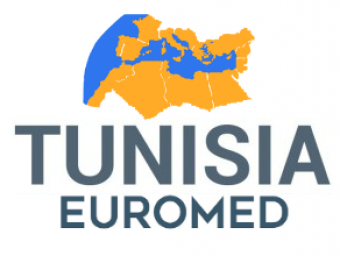PRESIDENT TRUMP has shown a disturbing willingness to adopt measures pushed on him by his favorite Arab dictators, even when they contradict standing U.S. policies and the judgment of seasoned national security professionals. At the urging of Saudi Arabia’s Mohammed bin Salman, he tweeted his backing in 2017 for a boycott of Qatar, a key U.S. ally that hosts a huge U.S. air base. More recently, he signaled support for Libyan warlord Khalifa Hifter, who is trying to topple the U.N.-backed government in Tripoli — and was opposed by the United States until Mr. Trump was lobbied by Egyptian strongman Abdel Fatah al-Sissi.
Now the White House has disclosed that it is seeking to implement another one of Mr. Sissi’s asks: the designation of the Muslim Brotherhood as a terrorist organization. Mr. Sissi, who in 2013 led a coup against a democratically elected Muslim Brotherhood government, has been seeking such a U.S. action for years. He has been rebuffed until now for good reason: Such a designation, especially if broadly cast, probably would be found illegal by U.S. courts and would greatly complicate relations with half a dozen countries where Brotherhood groups participate in parliaments or government.
That Mr. Trump is nevertheless pressing ahead only reflects how greatly his view of Middle Eastern affairs has been skewed by his predilection to swallow the nostrums peddled to him by Mr. Sissi and the Saudi crown prince. They claim the Brotherhood, which was founded in Egypt in 1928, is essentially indistinguishable from al-Qaeda, the Islamic State and other violent jihadist organizations. In fact, as George Washington University scholar Marc Lynch recently pointed out in a Post analysis article , “almost all academics and analysts, even those critical of the Brotherhood, agree that it is not a terrorist organization.”
The Brotherhood has radical goals, including the creation of Islamic governments that follow sharia law, but it swore off violence in the 1960s. Some of its many offshoots throughout the Middle East have taken up arms, including the Palestinian Hamas movement, but these have already been designated by the State Department as terrorist organizations. Meanwhile, Brotherhood-linked parties have participated in elections and joined the parliaments of Jordan, Morocco, Iraq and Kuwait, and one formed the first democratic government in Tunisia. The record of its affiliates in respecting democratic norms once in office has been mixed, including in Egypt. But that underlines the point about the movement: It is not a monolith that can be sweepingly categorized.
The real objection of the Egyptians and Saudis to the Muslim Brotherhood is this affinity for democracy. Brotherhood parties embrace elections because they have a good chance of success, and democracy would be unworkable in any Arab country today without the participation of peaceful Islamist movements. As Jamal Khashoggi, the Saudi journalist and Post contributor murdered by the order of Mohammed bin Salman, wrote in one of his final columns, “the eradication of the Muslim Brotherhood is nothing less than an abolition of democracy and a guarantee that Arabs will continue living under authoritarian and corrupt regimes.”
That is exactly why Mr. Sissi and other dictators press for the Muslim Brotherhood to be placed under U.S. sanction as a terrorist group. If Mr. Trump has a rationale, other than offering another freebie to a favored autocrat, he has yet to articulate it.
